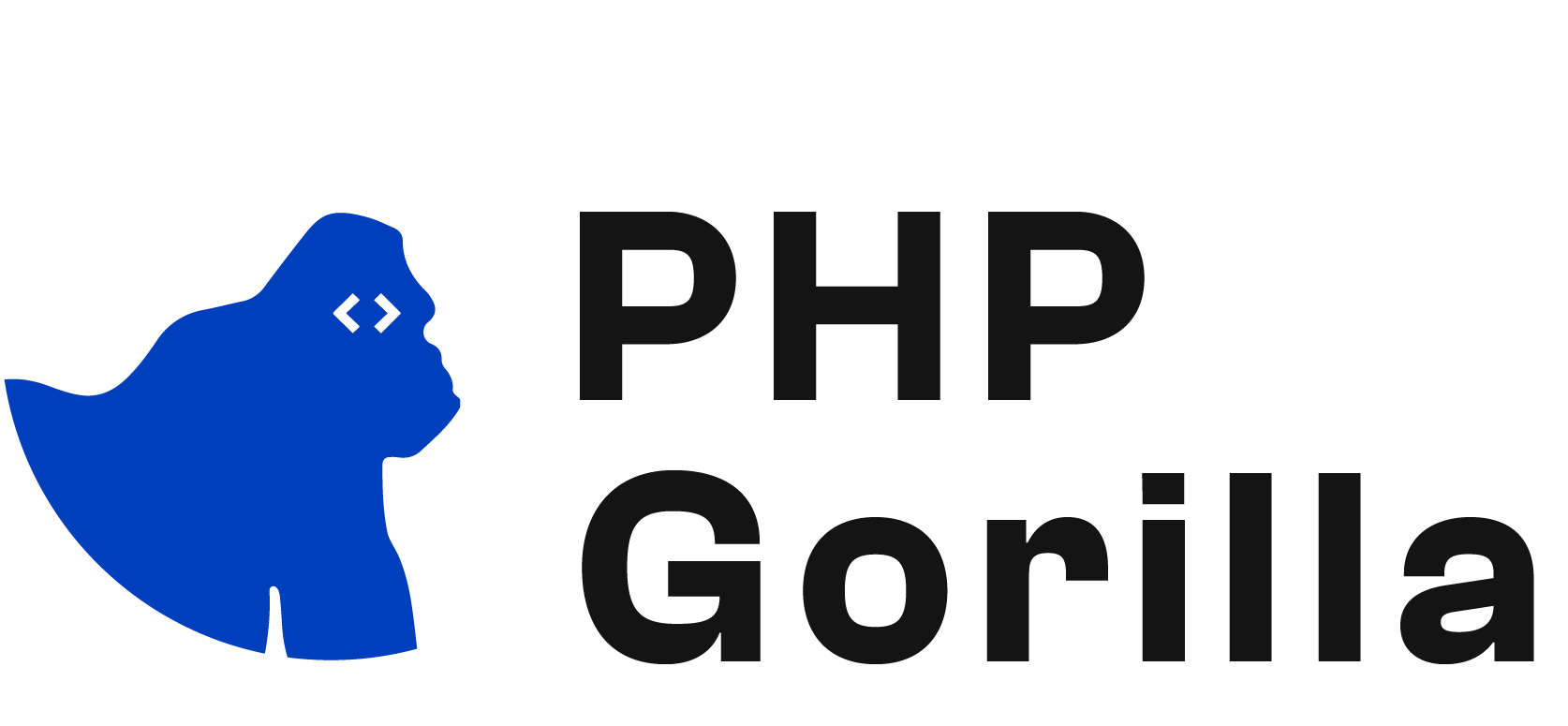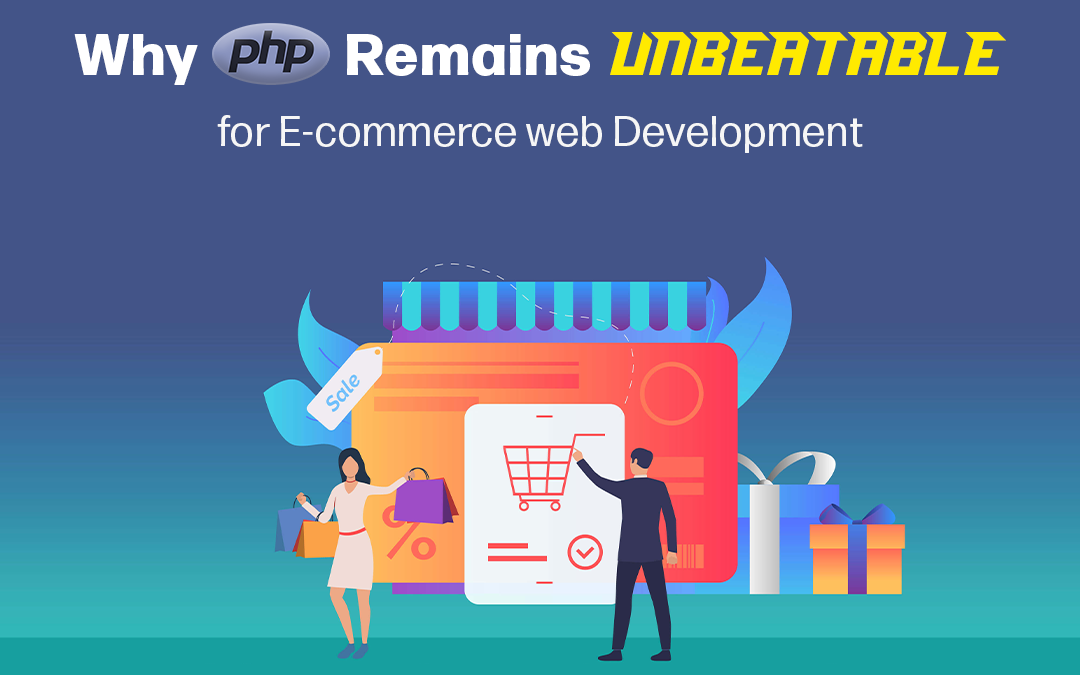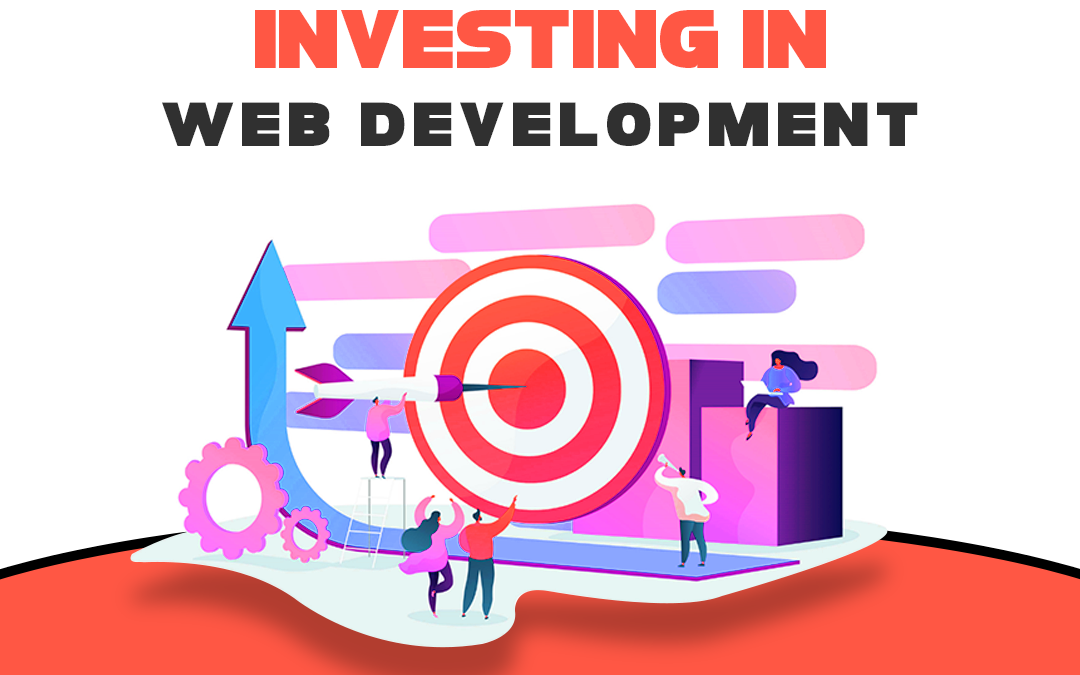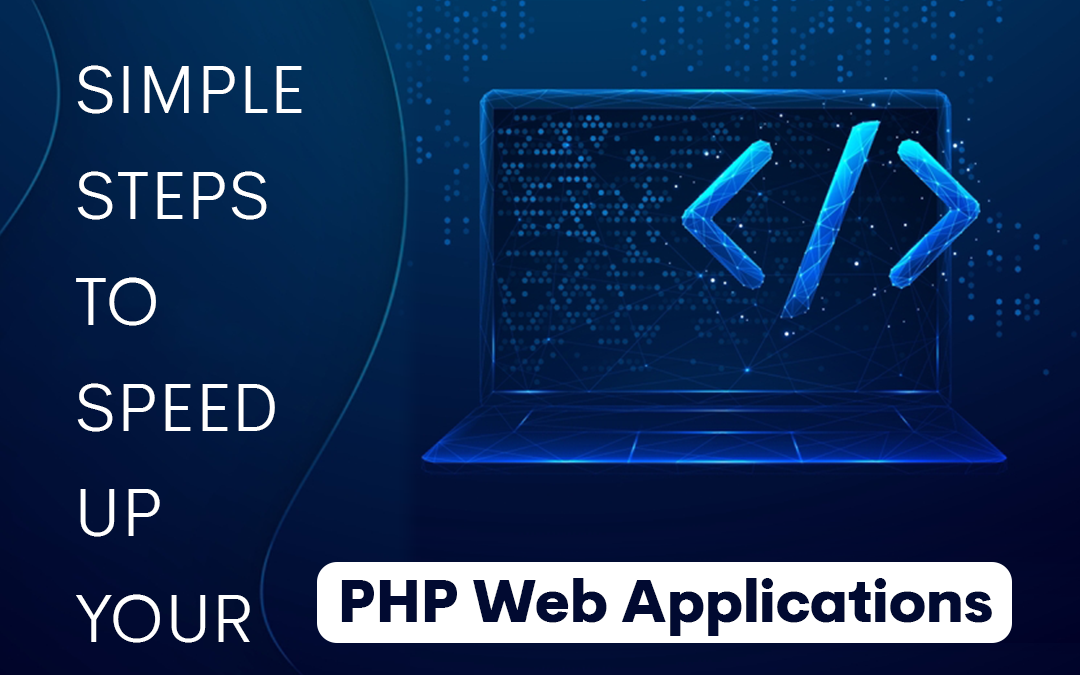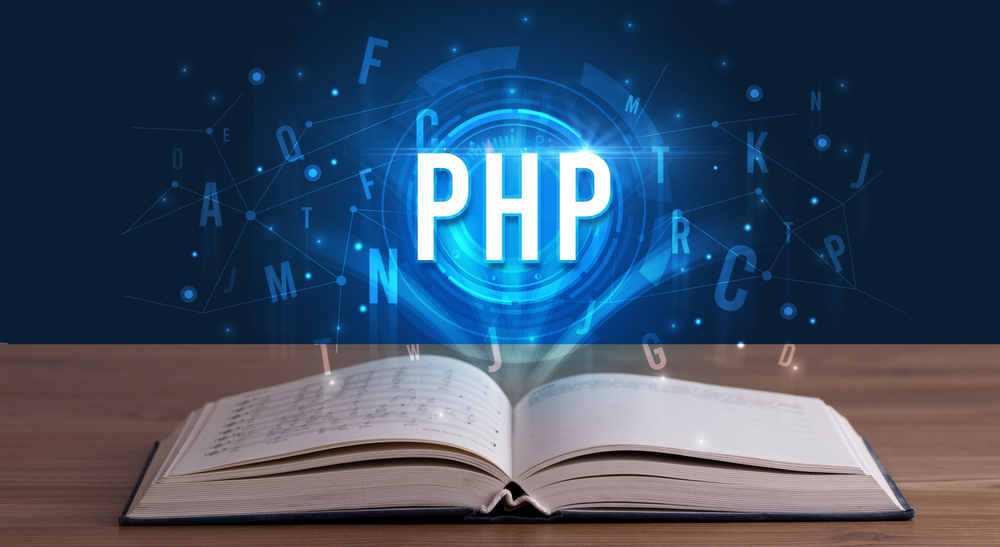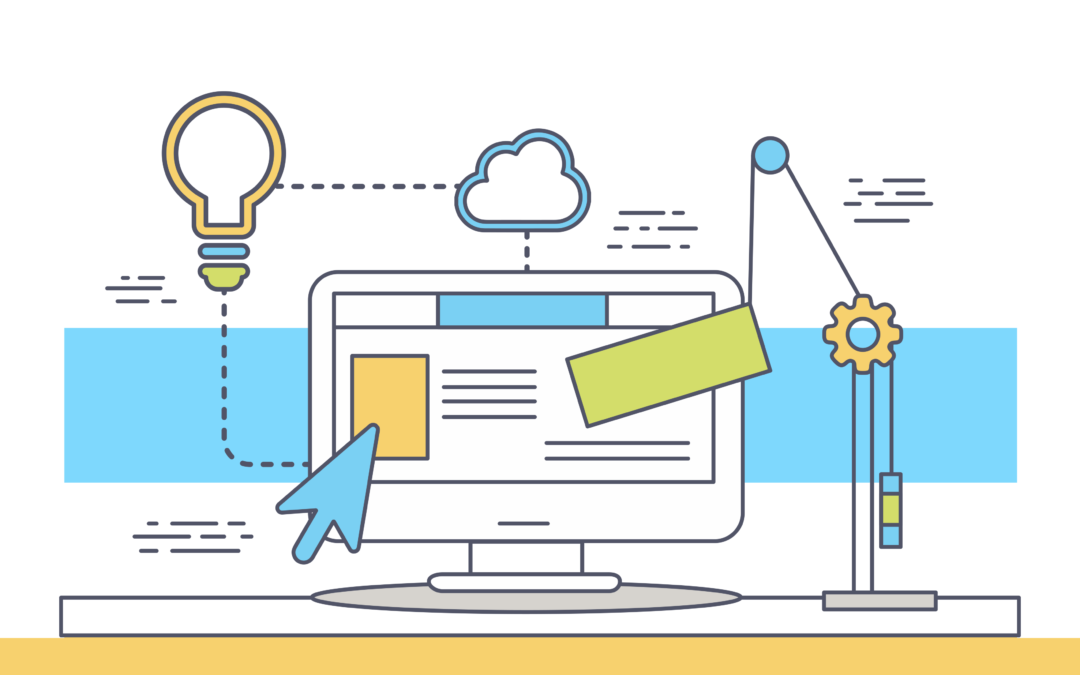A faster, more secure website not only enhances the user experience but also improves your site’s ranking on search engines. PHP, one of the most widely used server-side scripting languages, determines your website’s performance. Like upgrading a car’s engine for smoother rides, updating PHP can drastically enhance your site’s speed, security, and compatibility. Here’s why staying current with PHP upgrades can make a difference.

What is PHP, and Why Does It Matter?
PHP, short for “Hypertext Preprocessor,” is the backbone of millions of websites globally. It’s a server-side language that enables websites to load dynamic content and interact with databases. When a website runs on the latest PHP version, it reaps multiple benefits: speedier load times, enhanced security, and seamless compatibility with the latest tools and plugins. By upgrading PHP, you’re essentially updating your site’s foundation, leading to a noticeable improvement in overall performance.
Key Reasons to Upgrade PHP
Faster Load Times
In a world where attention spans are fleeting, every second counts. Research shows that nearly 40% of users abandon a site if it takes more than three seconds to load. PHP upgrades bring significant improvements in execution speed, reducing load times and ensuring a smooth user experience. Since faster sites tend to rank higher on search engines, upgrading PHP can positively impact your SEO.
With newer PHP versions, optimized code execution helps handle a greater number of requests per second. As a result, your site operates efficiently, even during high traffic. Upgrading PHP not only prevents visitor drop-off but also enhances search engine performance, creating a win-win situation.
Improved Security
Ensuring web security is crucial, and outdated PHP versions can expose your site to potential cyber risks. Hackers often exploit older, unsupported PHP versions that lack recent security patches. Upgrading PHP means you’re safeguarding your website with state-of-the-art security features, protecting it against known vulnerabilities, and ensuring your visitors’ data remains safe.
PHP updates provide patches that address security loopholes, making your site more resilient to attacks. By keeping PHP updated, you’re reducing the risk of unauthorized access and enhancing trust among your audience. In a digital age where data breaches can have severe consequences, a PHP upgrade acts as an essential security measure, much like installing a new lock on your front door.
Better Compatibility with Themes and Plugins
As web technology advances, themes and plugins continue to evolve. An outdated PHP version can limit your website’s compatibility with modern tools, causing issues like theme malfunctions, plugin errors, or a complete breakdown in functionality. PHP upgrades ensure that your website is fully compatible with the latest plugins and design themes, allowing them to work in harmony and provide your visitors with an optimal browsing experience.
Using a newer PHP version means improved compatibility and access to enhanced tools. Developers can integrate advanced features more effectively, giving you access to interactive elements and streamlined layouts that enrich the user experience. Without an upgrade, you’re effectively capping your site’s potential, limiting its capabilities, and missing out on improved functionality.
Enhanced Features and Functionality
Every PHP version brings new features that enhance coding speed, efficiency, and flexibility. These improvements allow developers to create engaging websites that load faster, respond better, and offer advanced functionality. With features that simplify code and increase functionality, PHP upgrades allow developers to create websites with dynamic and visually engaging elements, from interactive buttons to customized forms.
New PHP functions also contribute to cleaner code, making your website easier to maintain and troubleshoot. By reducing redundant lines of code and introducing efficient processing, your website becomes faster and more reliable. Upgrading PHP ensures that you’re leveraging the best tools in web development, providing users with a site that feels fresh, innovative, and responsive.
How to Upgrade PHP Safely
While upgrading PHP offers numerous benefits, it’s essential to approach the process carefully to avoid potential issues. Follow this guide to make your transition seamless :
Back-Up Your Website: Always create a backup of your site before making any major updates. This will allow you to revert to a stable version if any compatibility issues arise
Check Compatibility: Ensure that your website’s themes and plugins support the latest PHP version. Compatibility issues can cause malfunctions, so it’s crucial to verify beforehand.
Use a Staging Environment: Test the upgrade in a staging environment before deploying it on your live site. This allows you to detect and fix issues without affecting the user experience.
Update Themes and Plugins: After upgrading PHP, update your themes and plugins to their latest versions for maximum compatibility and performance.
Monitor for Issues: Once the upgrade is live, monitor your site’s performance and address any issues that may arise. This ensures that your website operates smoothly and delivers the expected performance boost.
Conclusion: Don’t Delay Your PHP Upgrade
Keeping PHP updated isn’t just a technical necessity; it’s a fundamental step to ensure your website performs at its best. PHP upgrades provide faster load times, enhanced security, seamless compatibility, and access to cutting-edge features. These improvements lead to a superior user experience, higher engagement, and improved SEO.
Imagine a website that loads quickly, operates securely and offers a modern user experience—it’s the kind of site visitors are more likely to revisit and recommend. Don’t let your website fall behind in a digital world where performance matters. By upgrading PHP, you’re investing in the long-term success of your website, safeguarding your brand’s reputation, and keeping your audience happy.
The process may seem technical, but the results are well worth the effort. Embrace the latest PHP upgrade today, and watch your website become faster, more secure, and more resilient. In a highly competitive online environment, PHP upgrades are a powerful tool for staying ahead. Give your website the boost it deserves!
Common Concerns and FAQs
What’s the risk of not upgrading PHP?
Not updating PHP can make your site susceptible to security risks, reduce performance, and create compatibility problems. Older PHP versions don’t receive security patches, making them easy targets for hackers. Additionally, an outdated PHP version may prevent your site from taking advantage of newer, more efficient features, resulting in slower load times and reduced functionality.
Can I upgrade PHP on my own?
Depending on your hosting provider, upgrading PHP may be as simple as selecting a new version from your control panel. However, if you’re unfamiliar with PHP or coding, it’s advisable to consult with a professional web developer or your hosting provider’s support team to ensure a smooth upgrade without impacting your site’s functionality.
Will upgrading PHP improve my SEO?
Yes! Faster load times and improved security both contribute to a better user experience, which can have a positive impact on your search engine rankings. Google favors fast, secure websites, so a PHP upgrade may contribute to better SEO performance.
How often should I check for PHP upgrades?
Regularly checking for PHP updates is crucial. Generally, it’s good practice to review PHP versions annually or whenever your hosting provider releases a new version. Staying up-to-date ensures that your website remains fast, secure, and compatible with new tools and plugins.
